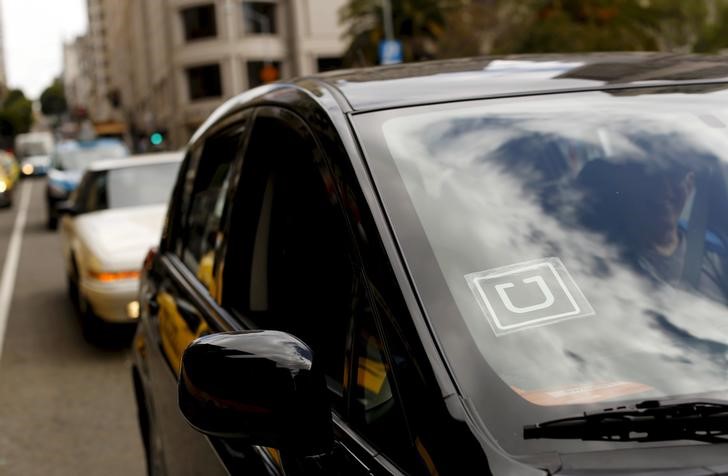Uber, Lyft stand to gain from Medicare Advantage benefit expansion

As ride-sharing companies, like Uber and Lyft, begin to integrate their services with health care organizations, the expansion of benefits for Medicare Advantage recipients, announced last week, could be a boon for new deals.
In addition to implementing measures aimed at bringing down the costs of prescription drugs, Centers for Medicare and Medicaid Services (CMS) said it will reinterpret “the standards for health-related supplemental benefits in the Medicare Advantage program to include additional services that increase health and improve quality of life,” and expand the definition of “primary health related” to include benefits if they compensate for physical impairments, diminish the impact of injuries or health conditions or reduce avoidable emergency room utilization. It will also pay 3.4% more to insurers offering Medicare Advantage plans, to cover these additional services.
These new changes could supply the freedom for partnerships between Medicare Advantage providers and the transportation sector, as first reported by Forbes.
According to the Centers for Medicare and Medicaid Services, non-emergency medical transportation is a notable cost for both government-backed programs, which generally have to pay the expenses of getting qualified beneficiaries to and from the doctor. Agreements with ride-sharing services would help ease those burdens, a trend that has begun to take shape elsewhere in the health care sector.
Lyft has deals with some health care companies, including Blue Cross Blue Shield and AllScripts. The company even has a web portal, called Lyft Concierge, to schedule rides for those patients that may not have the app or a mobile phone.
“Today, 3.6 million Americans have transportation issues that prevent them from getting to or from a doctor’s appointments, and 25% of lower-income patients have missed or rescheduled their appointments due to lack of transportation,” Lyft said in a March blog post. “We aim to cut these numbers in half by 2020, and soon after, to ensure that transportation is no longer a barrier to care for anyone.”
Uber has a service called Uber Health, which it says more than 100 health care organizations in the U.S. are already utilizing.
These partnerships come at a time when the entire health care ecosystem is experiencing a shift toward a more consumer-centric model. With new mergers, like CVS and Aetna, as well as the entrants of corporate bigwigs including Amazon, JPMorgan and Berkshire Hathaway into the sector, the very foundations of health care, from drug prices to doctor’s visits, stand to be reinvented.
Medicare Advantage in particular is one area of health care primed for growth. The Trump administration is encouraging competition by promoting expanded consumer options, and Medicare Advantage, through which private companies provide coverage, stands to benefit. Enrollment has been steadily climbing over the past decade, with 33% of Medicare’s overall beneficiaries, or 19 million people, enrolled in a Medicare Advantage plan in 2017, according to data from the Kaiser Family Foundation.



















